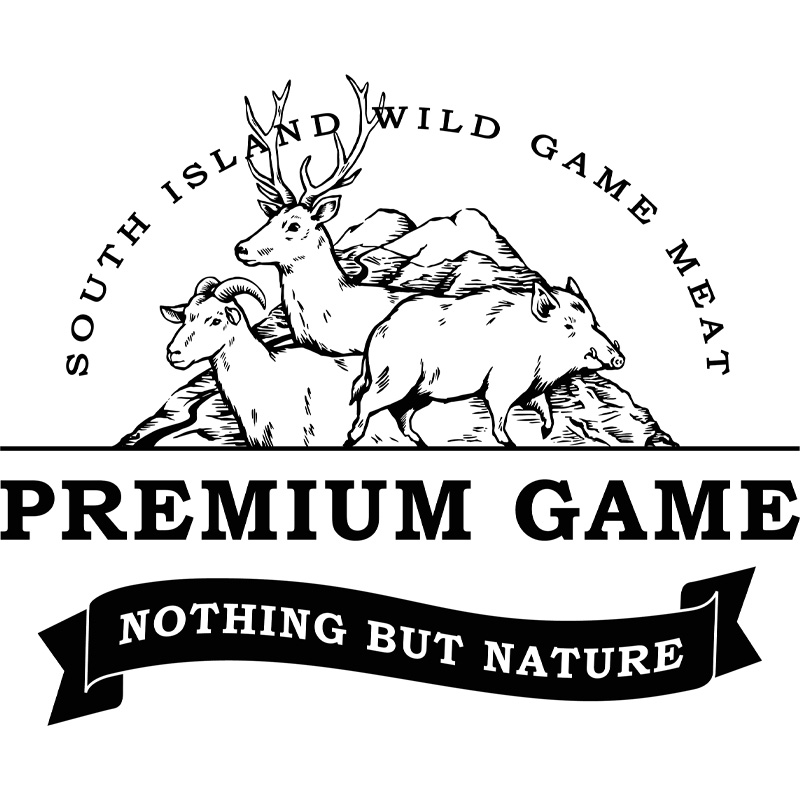 Recipe shared by Premium Game
Recipe shared by Premium Game
for Moore Wilson's 2022 Calendar
Premium Game
Blenheim
https://www.premiumgame.co.nz/
 Recipe shared by Premium Game
Recipe shared by Premium Game
for Moore Wilson's 2022 Calendar
Premium Game
Blenheim
https://www.premiumgame.co.nz/
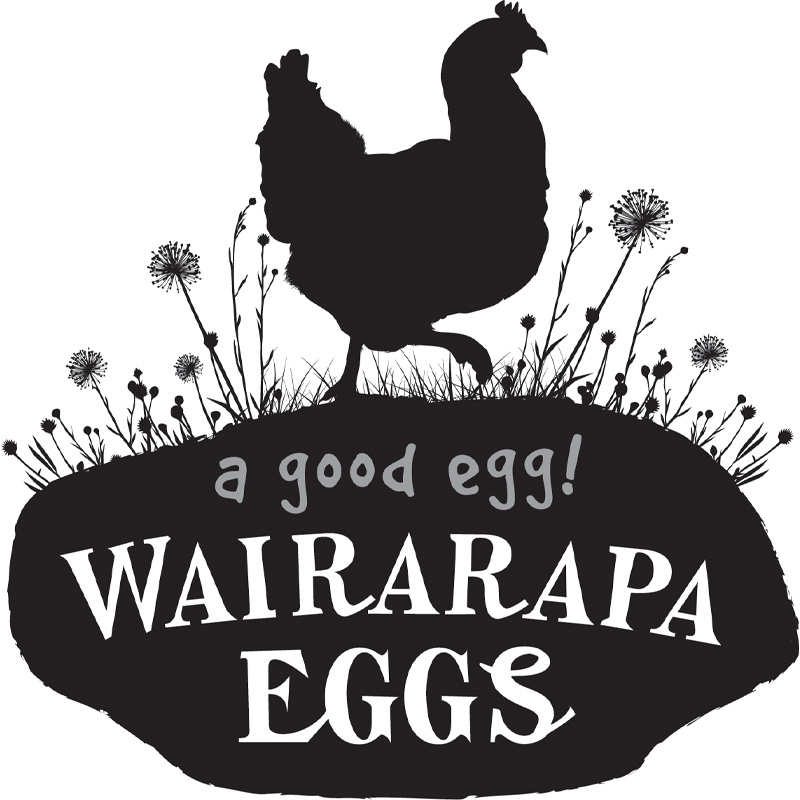 Recipe shared by Wairarapa Eggs
Recipe shared by Wairarapa Eggs
for Moore Wilson's 2022 Calendar
Wairarapa Eggs
Carterton, Wairarapa
https://wairarapaeggs.co.nz/
In 1998, the world’s first Maori-owned wine business was established as Tohu Wines. Today Tohu Wines operates as an independent company under the umbrella of Kono, the food and beverage arm of Wakatu Incorporation.
The first vineyard was planted in 2002 in the Awatere Valley, Marlborough and in 2005, another in the Moutere region outside Nelson. Tohu established their own winery in the Awatere Valley in 2012.
As a family owned business, it is important to Tohu to uphold the legacy of its owners and their ancestors in its practice. The ancestors of the Tohu whanau were farmers, fishermen, planters, and providores. They were astute, creative and entrepreneurial. Tohu Wines make sure to enhance the resources and whenua passed down through generations.
Today, Tohu create internationally recognised award-winning wines, all while remaining true to their deeply held values which include hihiritanga, kaitiakitanga and manaakitanga – doing things better, guardianship, and caring.
The winemaking philosophy is to create wines that capture the flavours of each region’s unique landscapes, whilst upholding respect and protection of the land for future generations.
The vineyards are certified under Sustainable Winegrowing New Zealand, and this as an integral part of the values under-pinning the whole operation - working with the environment without compromising quality and integrity.
Tohu’s values of excellence, kindness, and innovation are clearly reflected in their wines. Whether it's a family lunch, wedding or even a Matariki celebration, Tohu produces wines perfect for any occasion. Moore Wilson’s has been selling Tohu wines since 2014. The current Tohu wines stocked at Moore Wilson’s include: Sauvignon Blanc, Chardonnay, Merlot, Pinot Gris, Pinot Noir and Rewa Rosé Methode Traditionelle.
NŌLA Candles are brand of natural , plant-based, soy wax candles made in the Wairarapa. They are a collection of hand-crafted artisan candles; unique enough to intrigue and yet familiar enough to feel like home.
NŌLA was founded by Olivia Trilford during her pregnancy with her twin daughters, Isla & Noah. Olivia launched NŌLA Candles a month before her daughters were born and the brand has grown along beside them.
Due to being pregnant while perfecting the recipes of her candles, Olivia committed to consciously sourcing ingredients that would burn safely and cleanly in peoples homes (and also around young ones).
NŌLA Candles are made with a natural plant based soy wax, free from paraffin, GMO and unnatural additives which not only results in a clean burning candles, but an environmentally friendly choice as well. NŌLA Candles work exclusively with phthalate-free formulated oils & all of their ingredients are vegan and cruelty-free.
Olivia believes lighting a candle is a ritualistic way to end a stressful day and create a relaxing safe space. NŌLA Candles aim to offer this ambience from their small, local and ethical business.
Beyond their low waste initiatives and environmental focus in their workshop, NŌLA Candles make a great effort to offset their carbon emissions. They have chosen to do so because there unavoidable costs of Earth that many businesses refuse to acknowledge. NŌLA Candles offsetting their carbon emissions as a small business encourages the shift towards businesses taking accountability and acting in more sustainable ways.
NŌLA Candles also donate 10% of their profits to The Neonatal Trust, a charity that means a lot to Olivia’s young family. Her daughter’s were premature; and as challenging as this experience was, their family is forever grateful to the people who helped them through that time.
Check out our wonderful range of NŌLA Candles and diffusers here at Moore Wilson’s.
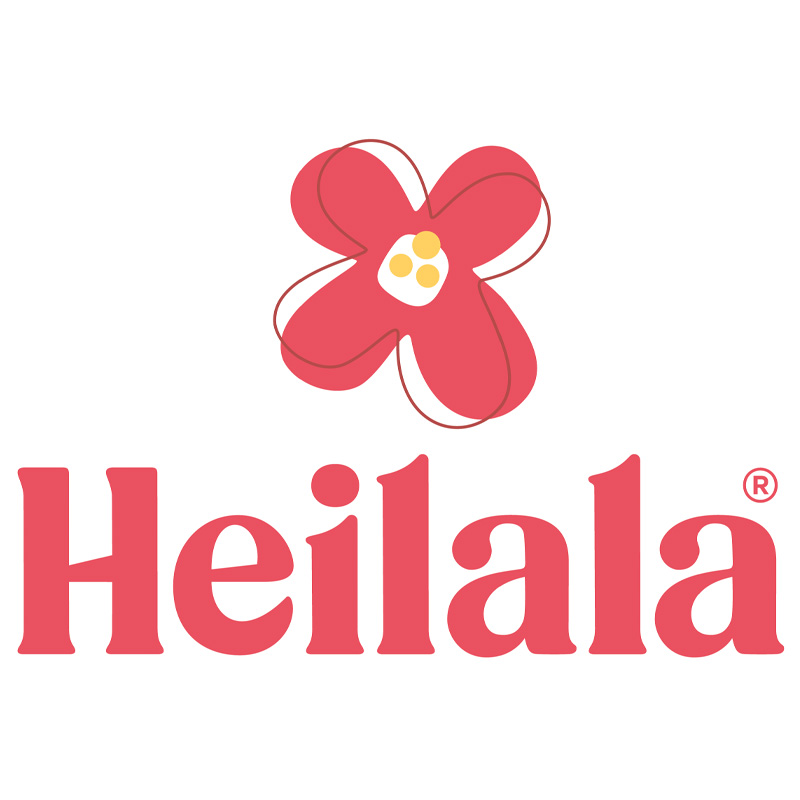 Recipe shared by Heilala Vanilla
Recipe shared by Heilala Vanilla
for Moore Wilson's 2022 Calendar
Heilala Vanilla
Te Puna, Tauranga
https://www.heilalavanilla.co.nz/
McCashin's Brewery, previously known as Mac’s Brewery, is a brewery based in Nelson, New Zealand. It was founded in 1980 by Terry McCashin, who produced the well-known Mac's beer. Today McCashin’s owns Rochdale Cider and Stoke Beer.
The original McCashin’s Brewery officially opened in 1981. Terry hoped that his influence would keep the big breweries from attacking his venture. It has been said that the success of the McCashins was based as much on determination as it was on brewing good beer.
The Brewery began producing the first unsweetened beer brewed in New Zealand for quite some time, as well as other types which had never been seen here. The McCashins’ success inspired a new generation of brewers to set up micro-breweries to meet the growing demand for a greater variety of beer.
Terry sold the Mac’s beer brand to Lion Nathan in 1999. Lion leased the Nelson brewery for ten years before shifting the remaining production to Auckland, Wellington and Christchurch. Dean, Terry’s oldest son and his wife Emma moved to Nelson in April 2009 and re-opened the Brewery, then launched Stoke Beer in 2010. The name Stoke pays homage to the location of original McCashin’s Brewery, 660 Main Road, Stoke, Nelson.
The Rochdale Cider factory in Stoke was started in the late 1930's. Stoke was the perfect location for a cidery because it was surrounded by apple orchards. In 1951 a cider factory and offices were added and apples were juiced and fermented on-site.
The popularity of cider began to decline as that of wine was increasing quickly. By the late 1970s Rochdale Cider was the only remaining cidery still operating in New Zealand (there had once been four in Stoke alone). By 1980 it had closed. It was bought by Terry and Bev McCashin that same year, who re-opened it and continued to make Rochdale Cider. McCashin’s Brewery was opened on the same site in 1981.
We have an extensive range of Stoke beers and Rochdale ciders in store and online.
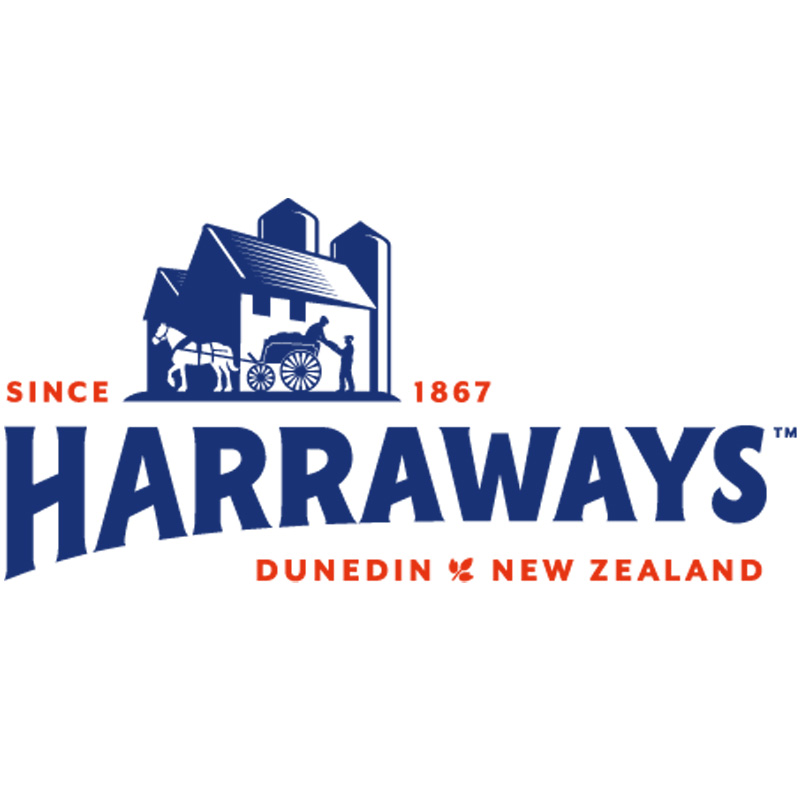 Recipe shared by Harraway's & Sons
Recipe shared by Harraway's & Sons
for Moore Wilson's 2022 Calendar
Harraway's & Sons
Green Island, Dunedin
https://www.harraways.co.nz/
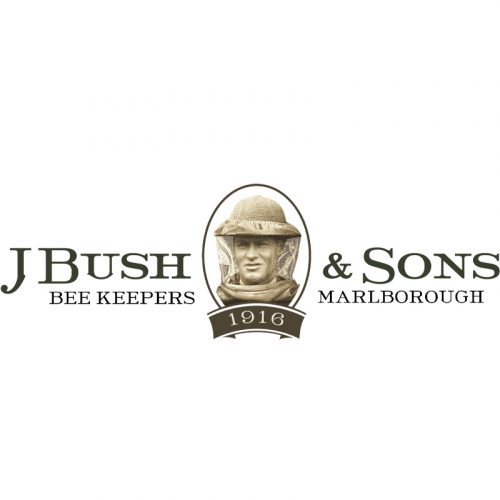 Recipe shared by J Bush & Sons
Recipe shared by J Bush & Sons
for Moore Wilson's 2022 Calendar
J Bush & Sons
Marlborough
https://jbushhoney.co.nz/
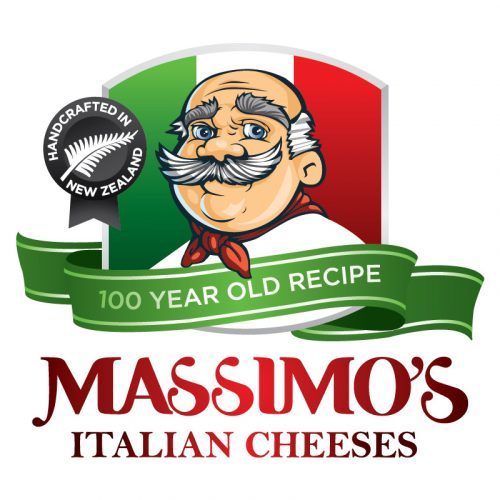 Recipe shared by Massimo's Italian Cheese
Recipe shared by Massimo's Italian Cheese
for Moore Wilson's 2022 Calendar
Massimo's Italian Cheese
Dairy Flat, Auckland
https://massimos.co.nz/
 Recipe shared by All Good Organics
Recipe shared by All Good Organics
for Moore Wilson's 2022 Calendar
All Good Organics
Grey Lynn, Auckland
https://all-good.co.nz/